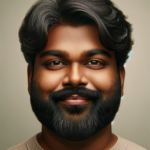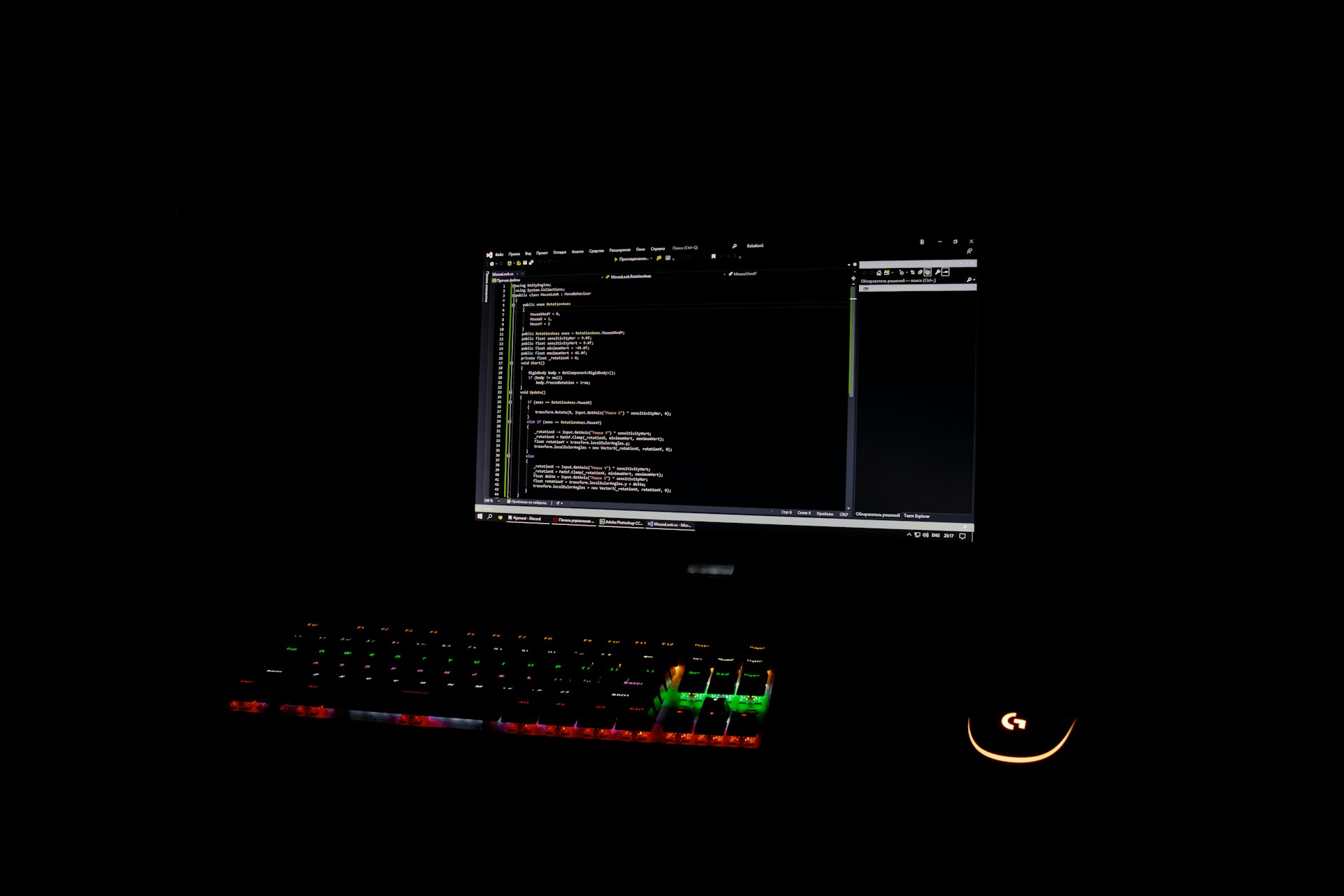A team of researchers led by Dr. Mir Faizal, Adjunct Professor at the University of British Columbia Okanagan, has published a groundbreaking study demonstrating that the universe cannot exist as a computer simulation. Working alongside international colleagues Dr. Lawrence M. Krauss, Dr. Arshid Shabir, and Dr. Francesco Marino, Dr. Faizal’s team has moved the longstanding philosophical question of the simulation hypothesis firmly into the domain of rigorous physics and mathematics. Their findings, published in the Journal of Holography Applications in Physics, reveal that the fundamental nature of reality operates in a way that cannot be fully captured by any algorithmic computation.
Faizal, M., Krauss, L. M., Shabir, A., & Marino, F. (2025). Consequences of Undecidability in Physics on the Theory of Everything. Journal of Holography Applications in Physics. https://doi.org/10.22128/jhap.2025.1024.1118
The study challenges the popular notion, often explored in science fiction, that our universe could be a simulation running on a supercomputer created by an advanced civilization. While previous discussions considered the idea theoretically plausible, Dr. Faizal and his colleagues demonstrate that the essential structure of reality involves principles that cannot be simulated by computers, no matter how sophisticated.
Dr. Mir Faizal, Adjunct Professor at the University of British Columbia Okanagan stated,
“It has been suggested that the universe could be simulated. If such a simulation were possible, the simulated universe could itself give rise to life, which in turn might create its own simulation. This recursive possibility makes it seem highly unlikely that our universe is the original one, rather than a simulation nested within another simulation. This idea was once thought to lie beyond the reach of scientific inquiry. However, our recent research has demonstrated that it can, in fact, be scientifically addressed.”
At the heart of the research is the concept of non-algorithmic understanding. Modern physics has already shifted away from Newtonian mechanics, first through Einstein’s theory of relativity and then through quantum mechanics, both of which transformed our understanding of space, time, and matter. Current efforts in quantum gravity go further, suggesting that space and time themselves are emergent phenomena arising from deeper informational structures. Dr. Faizal’s team argues that even these foundational structures cannot be fully described or reproduced through computational methods alone.
Using rigorous mathematical proofs, including principles derived from Gödel’s incompleteness theorems, the researchers show that some truths about the universe are inherently non-computable. In other words, there exist aspects of reality that cannot be derived from a finite set of algorithmic rules. Computation, no matter how advanced, is limited to step-by-step procedures, whereas non-algorithmic understanding captures truths that lie beyond this sequential reasoning. This means that a complete and consistent simulation of the universe is impossible because the universe itself operates on principles that cannot be encoded in a computational framework.
Dr. Faizal explains that while computer simulations can model certain phenomena with increasing accuracy, there are fundamental constraints that prevent any simulation from fully capturing the nature of reality. “Any simulation is inherently algorithmic; it must follow programmed rules,” he states. “But since the fundamental level of reality is based on non-algorithmic understanding, the universe cannot be, and could never be, a simulation.”
The team’s research highlights that even the Platonic realm, which forms the mathematical foundation of the universe, cannot be completely reduced to computational processes. The laws of physics emerge from this realm, and their findings indicate that these laws cannot be fully captured or replicated algorithmically. Dr. Krauss, co-author of the study, emphasizes that a truly fundamental theory of everything cannot be purely computational because it must account for non-algorithmic elements that underlie space and time.
Beyond its philosophical significance, this research has implications for scientific and engineering practices that rely on simulations. Computational models are central to modern physics, cosmology, materials science, and engineering disciplines. However, Dr. Faizal’s work underscores that certain complex systems, particularly at the foundational level of reality, resist full algorithmic representation. Engineers and scientists designing models for large-scale systems, from climate modeling to quantum simulations, may need to recognize these intrinsic limitations and consider approaches that integrate emergent or non-computable behavior.
The study also opens a pathway for further research into how non-algorithmic understanding might manifest in observable phenomena. While the research does not attempt to simulate the universe empirically, it establishes firm theoretical boundaries that clarify what cannot be reproduced by computation. This approach shifts the simulation debate from speculative thought experiments into a domain where mathematics and physics provide concrete answers.
In addition to its implications for simulation and computation, the research contributes to broader discussions about the nature of reality. It suggests that fundamental truths of the universe exist beyond what can be captured in algorithms, providing a new lens through which physicists and engineers can approach the study of emergent phenomena. For example, understanding non-computable aspects of physical laws could influence how we model complex systems, design artificial intelligence algorithms, or interpret cosmological observations.
Dr. Faizal notes that while the universe itself cannot be simulated, portions of physical systems may still be amenable to computational modeling. The distinction lies in the level of completeness: simulations can approximate specific processes or subsystems but cannot capture the totality of reality. This insight reinforces the idea that some scientific questions require thinking beyond algorithmic computation to grasp deeper principles of existence.
This research marks a significant step in formalizing and quantifying arguments about the simulation hypothesis. By applying mathematical rigor to questions previously regarded as philosophical or speculative, Dr. Faizal and his colleagues provide a definitive statement: the universe’s foundational structure is non-algorithmic and therefore beyond the scope of any computer simulation. For the scientific and engineering communities, this underscores a broader lesson about the limits of computation and the importance of integrating theoretical understanding with empirical investigation.
Ultimately, the work of Dr. Faizal and his team emphasizes that the universe is not a machine that can be replicated, but a system governed by principles that transcend computation. This insight challenges researchers, engineers, and theorists to reconsider the ways we model, simulate, and interact with complex systems, highlighting that the pursuit of understanding sometimes extends beyond algorithms into the deeper, non-computable structures that underlie reality itself.

Adrian graduated with a Masters Degree (1st Class Honours) in Chemical Engineering from Chester University along with Harris. His master’s research aimed to develop a standardadised clean water oxygenation transfer procedure to test bubble diffusers that are currently used in the wastewater industry commercial market. He has also undergone placments in both US and China primarely focused within the R&D department and is an associate member of the Institute of Chemical Engineers (IChemE).



